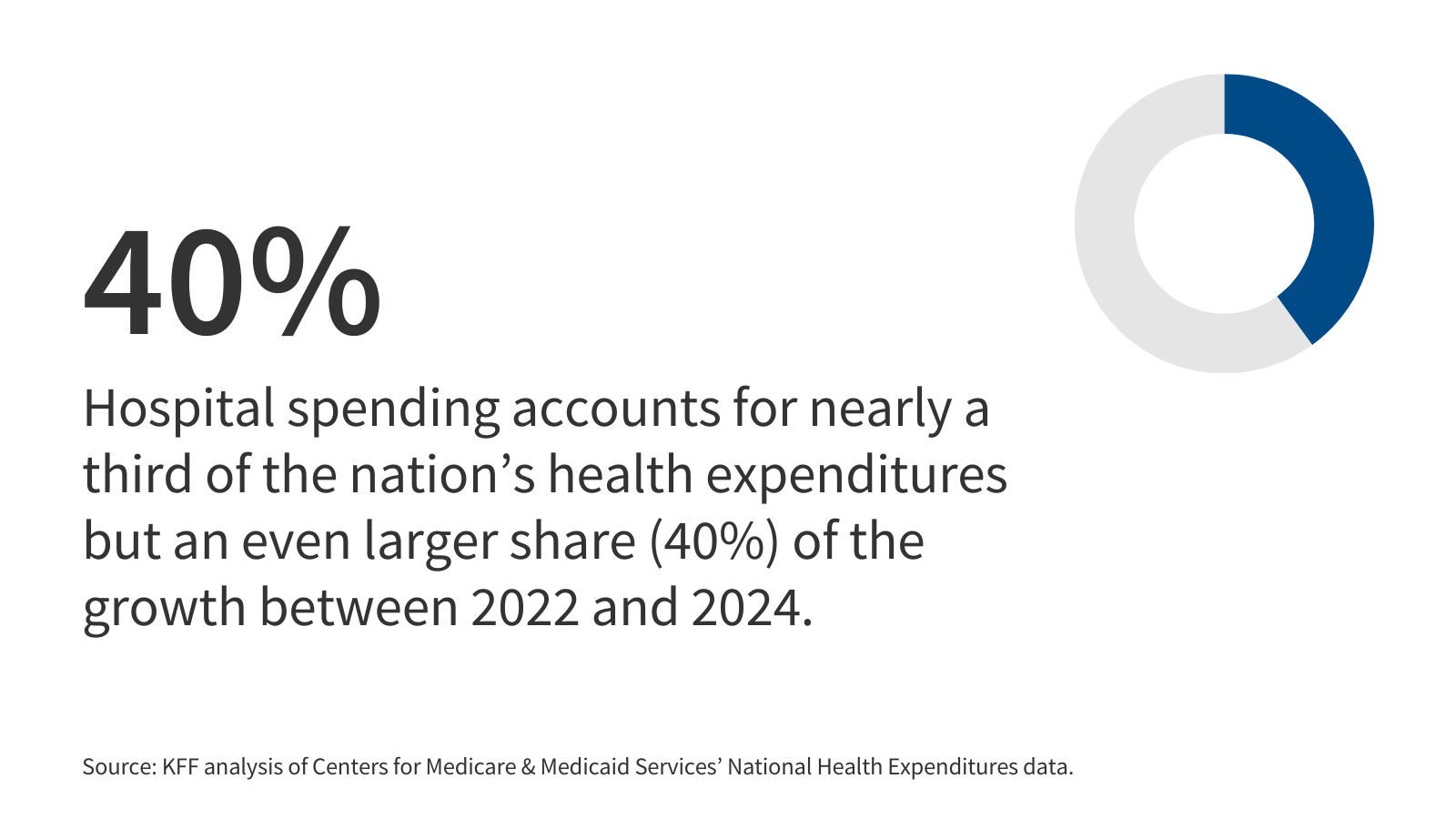Amid ongoing concerns about the cost and supply of GLP-1s, a new study suggests that a wide swath of American adults would benefit from the drugs.
Researchers at the Beth Israel Deaconess Medical Center estimated that 137 million people are eligible for semaglutide drugs, sold most famously under the brand name Ozempic, for either weight loss, diabetes management or cardiovascular event prevention.
The data, published in JAMA Cardiology, highlight the need to continue finding ways to ensure equitable access to GLP-1s, the researchers said.
“These staggering numbers mean that we are likely to see large increases in spending on semaglutide and related medications in years to come,” said corresponding author Dhruv S. Kazi, M.D., associate director of the Richard A. and Susan F. Smith Center for Outcomes Research and director of the cardiac critical care unit at BIDMC, in a press release.
“Ensuring equitable access to these effective but high-cost medications, as well as supporting individuals so that they can stay on the therapy long-term, should be a priority for our clinicians and policymakers,” Kazi said.
Of those likely eligible for semaglutide, 26.8 million are covered by Medicare, 13.8 million are covered by Medicaid and 61.1 million are enrolled in commercial plans, according to the study.
The study notes that just above 10% of those eligible for semaglutide, or about 15 million people, currently take the drug, and even so it was the top-selling drug in the U.S. for 2023. Payers and plan sponsors have been hesitant to significantly expand coverage for these drugs given the cost, and the researchers said that as these drugs secure additional indication approvals demand will only grow.
For example, semaglutide has shown potential in treating sleep apnea and certain types of heart disease, as well as in slowing kidney disease progression, according to the analysis.
These drugs have been on the market for some time as a diabetes treatment, but it’s only in the past several years that demand has skyrocketed due to the weight loss benefits. Indeed, the study found that of the estimated 136.8 million Americans who would be eligible for semaglutide, 129.2 million of them would be eligible for a prescription for weight loss.
In addition, 35 million would qualify for diabetes management and 8.9 million for the prevention of cardiovascular disease, according to the study.
“The large number of U.S. adults eligible for semaglutide highlights its potential transformative impact on population health,” said Ivy Shi, M.D., a resident in internal medicine at BIDMC who worked with Kazi to produce the analysis. “Prior studies have shown that more than half of the individuals who have taken these medications state the therapy was difficult to afford, interventions to reduce economic barriers to access are urgently needed.”
Publisher: Source link










